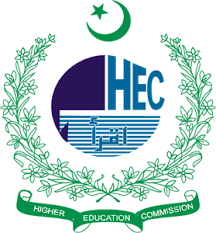Organ Transplantation: A Critical and Jurisprudential Analysis of the Arguments for and Against Its Permissibility in Islamic Law
اعضاء کی پیوند کاری: اسلامی فقہ میں جواز اور عدم جواز کے دلائل کا تحقیقی و تنقیدی جائزہ
Abstract
This research paper explores the complex issue of organ transplantation from the perspective of Islamic jurisprudence. The rapid advancements in medical science have raised significant ethical and legal questions for Muslim societies, particularly regarding the permissibility of transplanting human organs. This study critically examines classical and contemporary Islamic legal opinions, presenting the arguments of both proponents and opponents of organ donation and transplantation. Drawing upon Qur'anic verses, Hadith literature, and the jurisprudential principles of necessity (ḍarūrah), benefit (maṣlaḥah), and harm (mafsadah), the paper evaluates whether human organs can be considered personal property and whether they may be gifted, donated, or transplanted under Islamic law. It also investigates the moral status of deceased and living donors, the sanctity of the human body, and the broader implications for Islamic bioethics. The study concludes that under certain conditions—especially in cases of medical necessity and with proper ethical safeguards—organ transplantation may be deemed permissible by several Islamic legal schools, while others maintain strict reservations or reject it altogether. This research aims to provide a balanced and comprehensive overview to support ongoing scholarly dialogue and medical practice in Muslim contexts.
Keywords: Organ Transplantation, Islamic Law, Qur'an, Hadith, Fiqh









